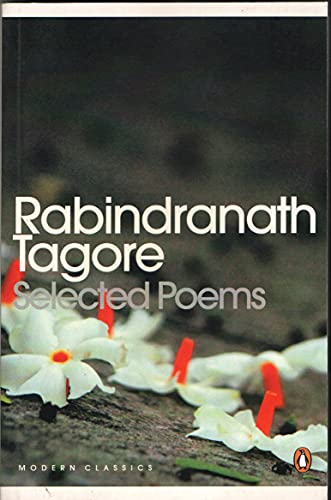Inhaltsangabe
Acclaimed by Forster and Pound, for Yeats the poet whose poetry 'stirred my blood as nothing has for years', Tagore was and remains India's greatest writer this century. Prolific and innovatory as a poet, novelist, dramatist, musician and painter, he was also a leading figure in the Nationalist movement, an intimate of Gandhi, a vastly influential educationalist and philosopher and a luminary in world culture. William Radice's selections and translations from the Bengali reintroduce Tagore to a new generation of Western readers.
Über die Autorin bzw. den Autor
Born in 1861, Rabindranath Tagore was a key figure of the Bengal Renaissance. He started writing at an early age and by the turn of the century had become a household name in Bengal as a poet, a songwriter, a playwright, an essayist, a short story writer and a novelist. In 1913 he was awarded the Nobel Prize for Literature and his verse collection Gitanjali came to be known internationally. At about the same time he founded Visva-Bharati, a university located in Santiniketan, near Kolkata. Called the 'Great Sentinel' of modern India by Mahatma Gandhi, Tagore steered clear of active politics but is famous for returning his knighthood as a gesture of protest against the Jallianwala Bagh massacre in 1919. Tagore was a pioneering literary figure, renowned for his ceaseless innovations in poetry, prose, drama, music and painting, which he took up late in life. His works include novels; plays; essays on religious, social and literary topics; some sixty collections of verse; over a hundred short stories; and more than 2500 songs, including the national anthems of India and Bangladesh. Rabindranath Tagore died in 1941. His eminence as India's greatest modern poet remains unchallenged to this day.
„Über diesen Titel“ kann sich auf eine andere Ausgabe dieses Titels beziehen.
